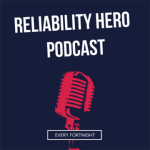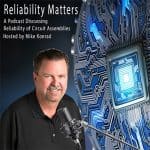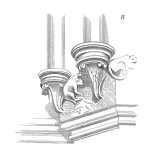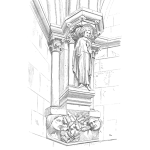
Scaling Success in CMMS How John Sterling Mastered Market Entry Team Building and Sales Excellence
In this podcast episode, John Sterling, a seasoned entrepreneur in the CMMS and technology industries, shares his entrepreneurial journey starting with his beginnings in small business as a high schooler, his early career in Silicon Valley, and his acquisition of Data Stream, a small software company (that became a $100M company). He emphasizes the importance of gaining market entry, even at a low price, which helped him secure significant clients later. We explore the challenges of transitioning from small to large businesses, managing different budget sizes, and the complexity of scaling a company.
Main Topics:
- Entrepreneurship Journey: From small businesses to large-scale companies.
- Strategic Pricing and Market Entry: Using low pricing to gain entry and attract large clients.
- Challenges in Scaling Businesses: Managing transitions from small to large companies.
- Bold Strategies for Success: Taking risks like pursuing IPOs and international acquisitions.
- Building and Managing Teams: Recruiting, nurturing sales talent, and maintaining company culture.







 Ask a question or send along a comment.
Please login to view and use the contact form.
Ask a question or send along a comment.
Please login to view and use the contact form.